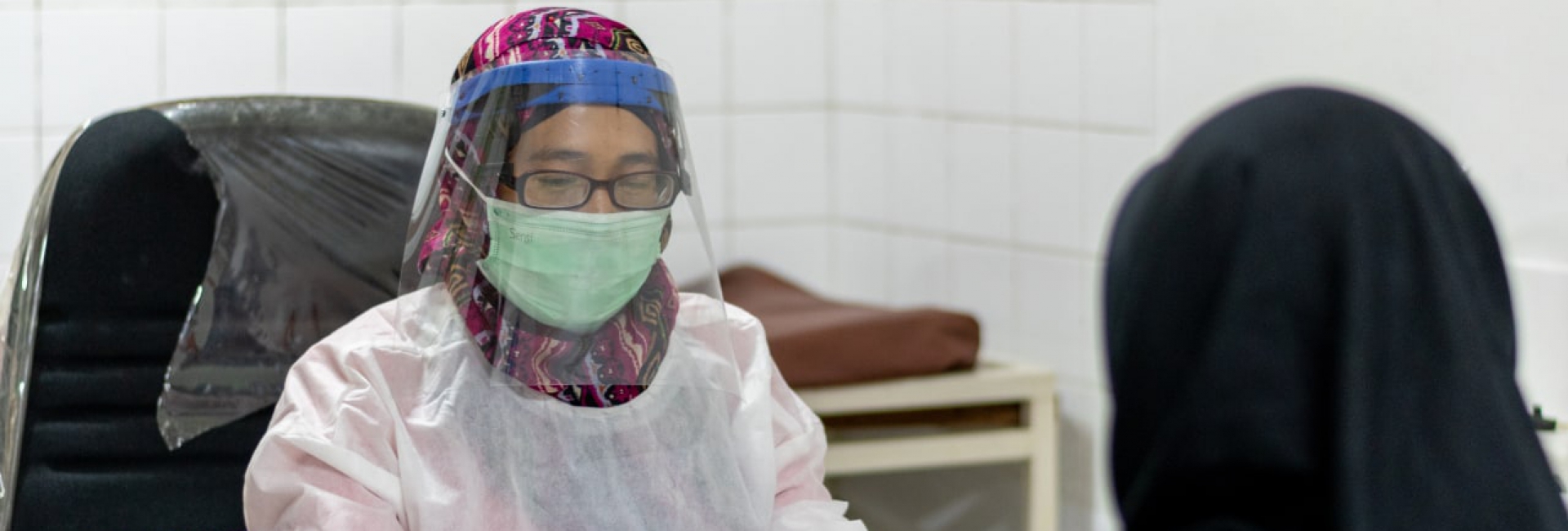This publication is only available in Indonesian
The Indonesian National Health Insurance (Jaminan Kesehatan Nasional/JKN) has a major role in improving people’s access to equitable healthcare services. Up to now, the JKN participation coverage has reached 82% of the Indonesian population. The Health Social Security Implementing Agency (BPJS Kesehatan), as an institution responsible for JKN implementation, has built partnerships with over 27,000 health facilities. Although the implementation has entered its seventh year, JKN is still facing a number of challenges, especially in realizing sustainable financing. First, there is unequal coverage of JKN participation between provinces and uneven distribution of health facilities between Java Island and outside Java Island. Second, the government’s effort to increase the allocation of the state budget for the health sector has not been able to overcome financial deficits. Third, the double disease burden coupled with health crises due to the COVID-19 pandemic adds to the long list of challenges in JKN financing.
With the aforementioned challenges, the central government’s effort to reduce deficits in JKN financing needs to be supported by regional governments through the allocation of 10% of the regional budget for the health sector. In addition, the government needs to expand fiscal space through programs that are easy to implement and the involvement of the public sector, including commercial insurance companies, in JKN financing. Efforts to reduce the deficits must be accompanied by efforts to prioritize health promotion and disease prevention aspects, particularly for catastrophic/chronic diseases. Pharmacoeconomic principles also need to be applied so that patient care becomes more cost effective.



